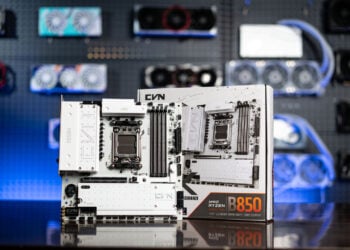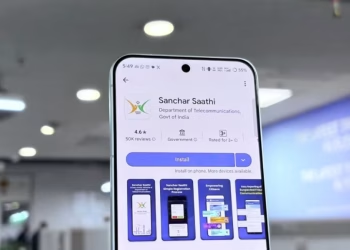Microsoft has been working to update the Windows platform for many years. It most recently made an attempt at this with Windows Core OS, which sought to create a modular, UWP-first OS that stripped the platform of legacy features and app compatibility in favor of being lightweight, quicker to install updates, and far more secure.
Although it attempted, Microsoft was unable to release a version of Windows Core OS for conventional PC form factors. Microsoft’s final attempt at this was Windows 10X, however the project was shelved in 2021 following months of internal testing and years of work on the Windows Core OS itself.
Rumor has it that Microsoft is once more working diligently on a new internal project that aims to modernize the Windows platform with many of the same innovations it worked on for Windows Core OS, but with a focus on native compatibility for legacy Win32 applications on devices where it makes sense.
The initiative, known as CorePC, aims to create a modular and adaptable version of Windows that Microsoft can use to take advantage of various form factors. Microsoft will be able to configure different “editions” of Windows with differing degrees of feature and app compatibility thanks to CorePC because not every Windows PC need the full scope of legacy Win32 program support.
The main difference between CorePC and the present shipping version of Windows is that CorePC, like Windows Core OS, is state segregated. Similar to iPadOS or Android, state separation makes use of read-only partitions that are unavailable to users and outside programs to enable quicker platform updates and a more secure environment.
According to several claims, Microsoft is developing a web-centric version of Windows that is intended to compete with Chrome OS in the education market. Instead of replacing the current Windows desktop environment, this next operating system, known as Windows 12, seeks to enhance it.

Windows 10X, one of Microsoft’s earlier attempts to develop a lightweight operating system to compete with Chrome OS, never saw a commercial release. However, the software juggernaut is refreshing its vision with Windows 12 thanks to a modern, modular architecture made specifically for low-powered educational devices.
‘Windows and Web Experience’ is the name of a specific team that Microsoft has internally established to advance this new vision. This group will be in charge of leading the development of Windows and related web-based products, which shows that client and cloud services will be prioritized.
It’s possible that Windows 12 may debut in 2024 and have a significant amount of artificial intelligence (AI). Microsoft wants to upgrade Microsoft Edge, its online browser, with AI-driven features. Through powerful machine learning, this transition will provide Edge a thorough awareness of online content and user patterns.
Also Read:








